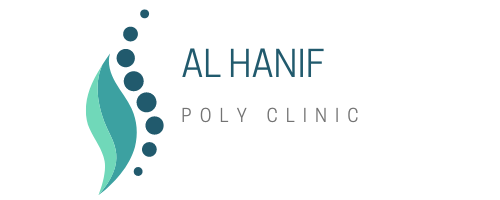
Introduction:
Sexual violence is a deeply traumatic experience that can have lasting physical and emotional effects on survivors. In addition to the psychological toll, survivors often grapple with physical challenges that require specialized care. Physiotherapy emerges as a crucial component in the holistic healing process for survivors of sexual violence, offering a tailored approach to address both physical and emotional well-being.
Understanding the Impact:
Survivors of sexual violence may experience a range of physical issues, including muscular tension, pelvic floor dysfunction, and chronic pain. These manifestations can significantly impede daily life and exacerbate emotional distress. Physiotherapy aims to understand and address these physical manifestations, recognizing the interconnectedness of physical and mental health.
Holistic Approach to Healing:
Physiotherapy for survivors of sexual violence involves a holistic approach that considers the individual’s unique needs and experiences. Highly trained physiotherapists collaborate with survivors to create personalized treatment plans that encompass a variety of therapeutic techniques. These may include manual therapy, exercises to release tension, and relaxation techniques to address the physical aftermath of trauma.
Pelvic Floor Rehabilitation:
One crucial aspect of physiotherapy for survivors is pelvic floor rehabilitation. Sexual violence can lead to pelvic floor dysfunction, impacting bladder and bowel control, sexual function, and overall comfort. Physiotherapists work closely with survivors to restore strength, flexibility, and coordination to the pelvic floor muscles, promoting improved functionality and reduced pain.
Addressing Muscular Tension:
Survivors often experience heightened muscular tension as a result of trauma. Physiotherapy interventions, such as targeted exercises, stretching, and massage, aim to alleviate this tension. By focusing on releasing muscle tightness, survivors can experience enhanced mobility, reduced pain, and improved overall physical well-being.
Embracing Empowerment Through Movement:
Physiotherapy provides survivors with a safe space to explore and regain control over their bodies. Tailored movement exercises, guided by experienced physiotherapists, help survivors reconnect with their bodies in a positive way. This empowerment through movement can contribute significantly to the overall healing journey, fostering a sense of agency and self-compassion.
Collaboration with Mental Health Professionals:
Recognizing the intrinsic link between physical and mental health, physiotherapists often collaborate with mental health professionals to ensure comprehensive care. This multidisciplinary approach aims to address both the physical and emotional aspects of trauma, fostering a more holistic and effective healing process.
Conclusion:
Physiotherapy emerges as a beacon of hope for survivors of sexual violence, offering a path to physical and emotional recovery. Through personalized and compassionate care, physiotherapists play a vital role in empowering survivors to reclaim their bodies and embark on a journey toward holistic healing. As awareness grows, integrating physiotherapy into the support network for survivors can contribute significantly to their overall well-being, fostering resilience and strength in the face of adversity.

I was diagnosed with Parkinson’s disease four years ago. For over two years, I relied on prescription medications and therapies, but unfortunately, the symptoms continued to worsen. My mobility declined, tremors increased, and I experienced growing fatigue and discomfort that affected my daily life. Last year, out of desperation and hope, I decided to try an herbal treatment program from NaturePath Herbal Clinic. Honestly, I was skeptical at first, but within a few months of starting the treatment, I began to notice real changes. My energy improved, the discomfort eased, and I felt stronger and more capable in my daily life. Incredibly, I also regained much of my stamina, balance, and confidence. It’s been a life-changing experience I feel more like myself again, better than I’ve felt in years. If you or a loved one is struggling with Parkinson’s disease, I truly recommend looking into their natural approach. You can visit their website at http://www.naturepathherbalclinic.com
binance signup
Your point of view caught my eye and was very interesting. Thanks. I have a question for you.